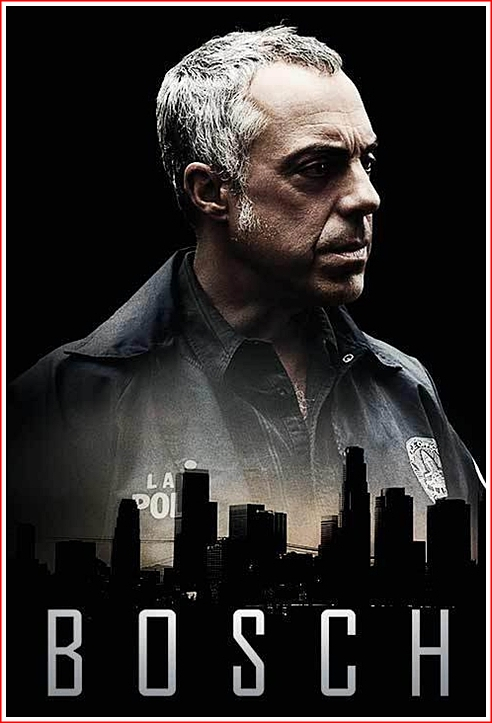
Thanksgiving. Thank you to everyone who extended Thanksgiving greetings. This week is a special reminder of the blessing of life for me.
Last year we were late getting the Christmas decorations displayed. This year we have them up before December 1. Jeny reminded me –the last time we had them up this early, I had a stroke.
Three years ago this week, I was editing my little book “Be a Proverbial Student.” I went to hit the “s” on my keyboard and could not. I got up and tried to turn the light switch off with my left hand and could not.
Jeny and I sped to the emergency room and three years later here I am – thankful to be alive.

Hope. Advent is a season of hope. I find hope in my continued recovery, in a COVID vaccination, in my children and grandchildren, in the stories of my friends and families, in the care for the homeless and challenged, in the work of teachers and first responders amid the pandemic, in various food ministries, in many medical ministries, in the response by so many people to aid in recovery from our natural disasters, in my faith. All of these are person to person involvements with which I have first-hand knowledge. They are not pie in the sky political wishes – they are active actions in which I find hope. I pray you find similar hope in life.

Bosch. Amid COVID I have been watching old episodes from the series Bosch. The series is based on books by Michael Connelly about an LA detective. A recent episode made me stop and reflect.
In one scene the Black Chief of Police, played very capably by Lance Reddick, is reviewing the camera video of an officer-involved shooting. He is trying to decide if it is justified. He goes over and over it. He turns to his significant other and says, “In a year, my officers handle hundreds of thousands of situations without an incident.” She responds, “But this is what everyone remembers.” That made me ponder why the public is focused on negative images of the police.

Memory for bad events. Two psychological factors are involved: 1. Memory for positive and negative events. 2. Frequency effect.
First, we remember both positive and negative events, especially if emotion is attached to the event. The evidence suggests we remember details of negative events better than positive events. In my opinion I more easily attach emotions to very negative events than positive events. Thus, I believe I am more likely to remember a bad police incident.
Second, if people are asked –“Are there more murders or suicides in America?” most people would assume more murders. However the suicide rare is double the murder rate. The reason we believe more murders occur is the frequency of exposure is far greater for murders than suicides. Over and over we are exposed to murders in the media. We are not frequently exposed to suicides. Therefore. we assume more murders.
If we are exposed over and over to police conduct in a negative light and seldom shown positive interactions, it is easy to see why people get upset about the police.

Scope. While we have some negative incidents by the police, Riddick’s character makes a very good point. We have around 1 million law officials in America. Every day they handle domestic disputes, robberies, rapes, murders, warrants, vehicle violations, looting, crowd control, mental illness situations, being spit on, called names, being shot at and much more and are required to perform their duties in a positive manner. We are not shown the millions of situations police handle in a positive manner on a daily basis.
As always this does not mean we should stop working to reduce police involved incidents. Riddick kept going over the incident to make sure he got it right. It does mean we should weigh the negative incidents against the enormous scope of the positive work by the people of law enforcement.
Peace
Jerry
0 Comments